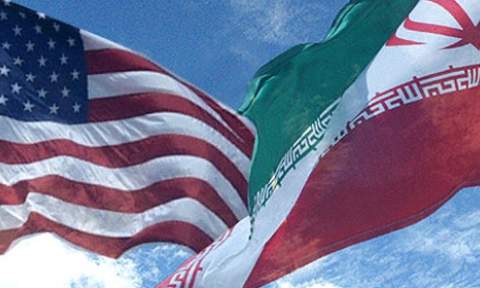The Iran-TRA’s Secondary Sanctions Trap
 I have been getting a lot of questions lately about the Iran Threat Reduction and Syrian Human Rights Act of 2012 (Iran-TRA). In particular there have been questions and misunderstandings regarding Section 504; the section that provides for secondary sanctions exposure for foreign financial institutions who knowingly engage in significant financial transactions knowingly conducted or facilitated by a foreign financial institution with the Central Bank of Iran or any designated Iranian financial institutions; with National Iranian Oil Company or Naft Intertrade Company; or for the purchase or acquisition of petroleum or petroleum products from Iran. Most of the questions relate to being the nature of the sanction to be applied, and when funds received for Iranian trade payments can be sent to a third country.
I have been getting a lot of questions lately about the Iran Threat Reduction and Syrian Human Rights Act of 2012 (Iran-TRA). In particular there have been questions and misunderstandings regarding Section 504; the section that provides for secondary sanctions exposure for foreign financial institutions who knowingly engage in significant financial transactions knowingly conducted or facilitated by a foreign financial institution with the Central Bank of Iran or any designated Iranian financial institutions; with National Iranian Oil Company or Naft Intertrade Company; or for the purchase or acquisition of petroleum or petroleum products from Iran. Most of the questions relate to being the nature of the sanction to be applied, and when funds received for Iranian trade payments can be sent to a third country.
To avoid Section 504 exposure, a foreign financial institutions must have their primary jurisdiction in a country which has received a significant reduction exception to process Iranian trade payments and must only use the payment for bilateral trade between Iran and the country for which the significant reduction exemption was provided, or place the funds into a special purpose account for later use in bilateral trade. Bilateral trade means that the goods or services being sold were actually produced in or substantially transformed in the country with the significant reduction exemption. The only time the funds can be sent to a third country would be when the funds are being used for humanitarian trade, which includes trade for agricultural commodities food, medicine, and medical devices, or when the funds.
In the event that a foreign financial institution finds itself in a position where it has been sanctioned due to a violation of the Iran-TRA, it is important to note that it is not the application of sanctions in the traditional sense. In short, it is not a blocking of all assets belong to the sanctioned target and a prohibition on U.S. persons from engaging in transactions with the sanctioned target. Rather, it is a sanction which prohibits U.S. depository institutions from maintaining correspondent or payable through accounts on behalf of the foreign financial institution targeted pursuant to the Iran-TRA designation.
Essentially, what the U.S. is doing via this secondary sanctioning regime is creating an environment of fear to trap Iran’s foreign currency in certain countries, namely those that have received the significant reduction exception. Those countries as of February 6, 2013 are Belgium, the Czech Republic, France, Germany, Greece, Italy, Japan, the Netherlands, Poland, Spain, the United Kingdom, China, India, Malaysia, Republic of Korea, Singapore, South Africa, Sri Lanka, Taiwan, and Turkey. The Iran-TRA sanctioning regime is a confusing one indeed and has drastically changed how we, as attorneys, advise on Iran related trade transactions. Anyone considering a trade related transaction with Iran would be wise to consult a legal professional knowledgeable about U.S. economic sanctions as the Iran-TRA’s practical impact on trade with Iran is widespread.
The author of this blog is Erich Ferrari, an attorney specializing in OFAC matters. If you have any questions please contact him at 202-280-6370 or ferrari@ferrariassociatespc.com.


